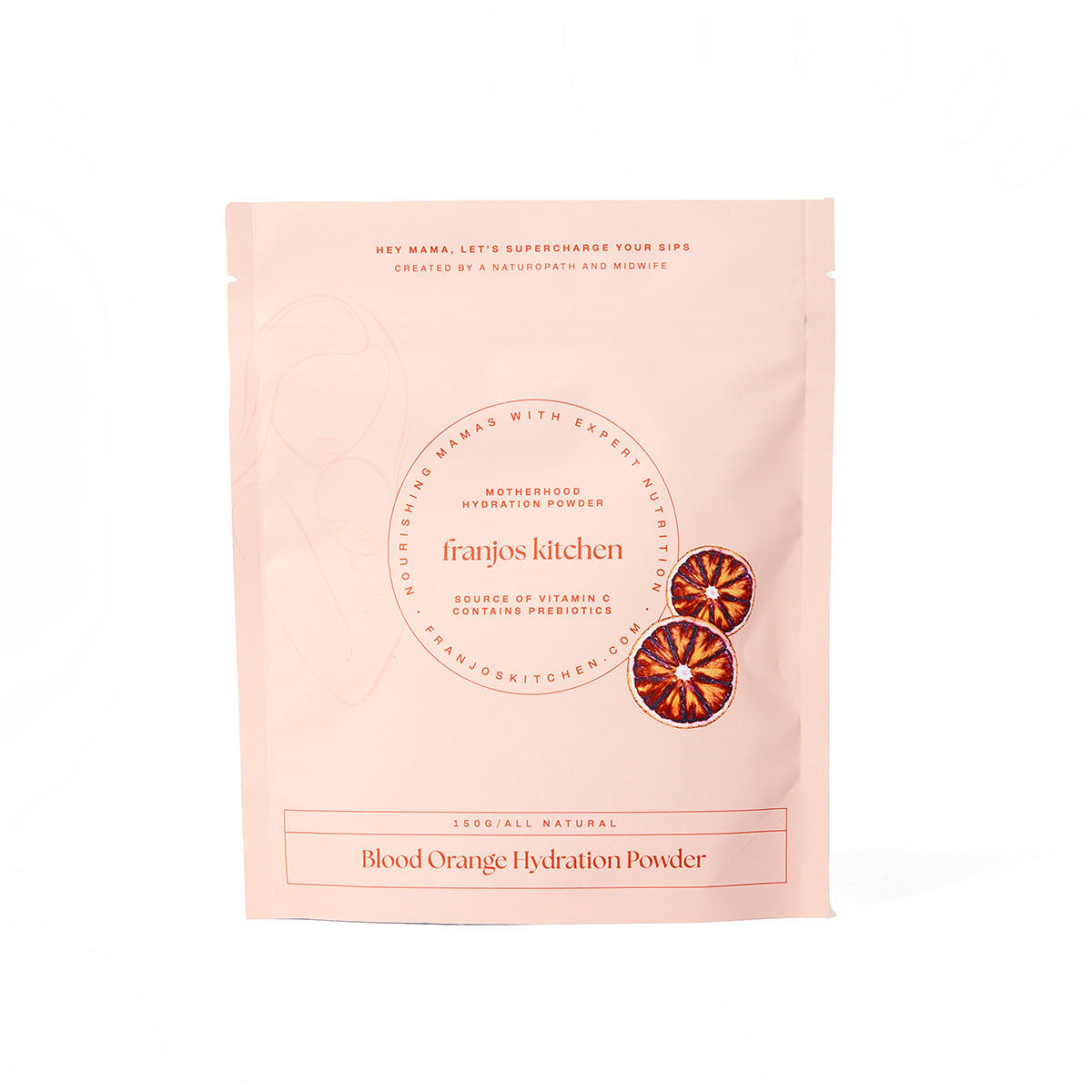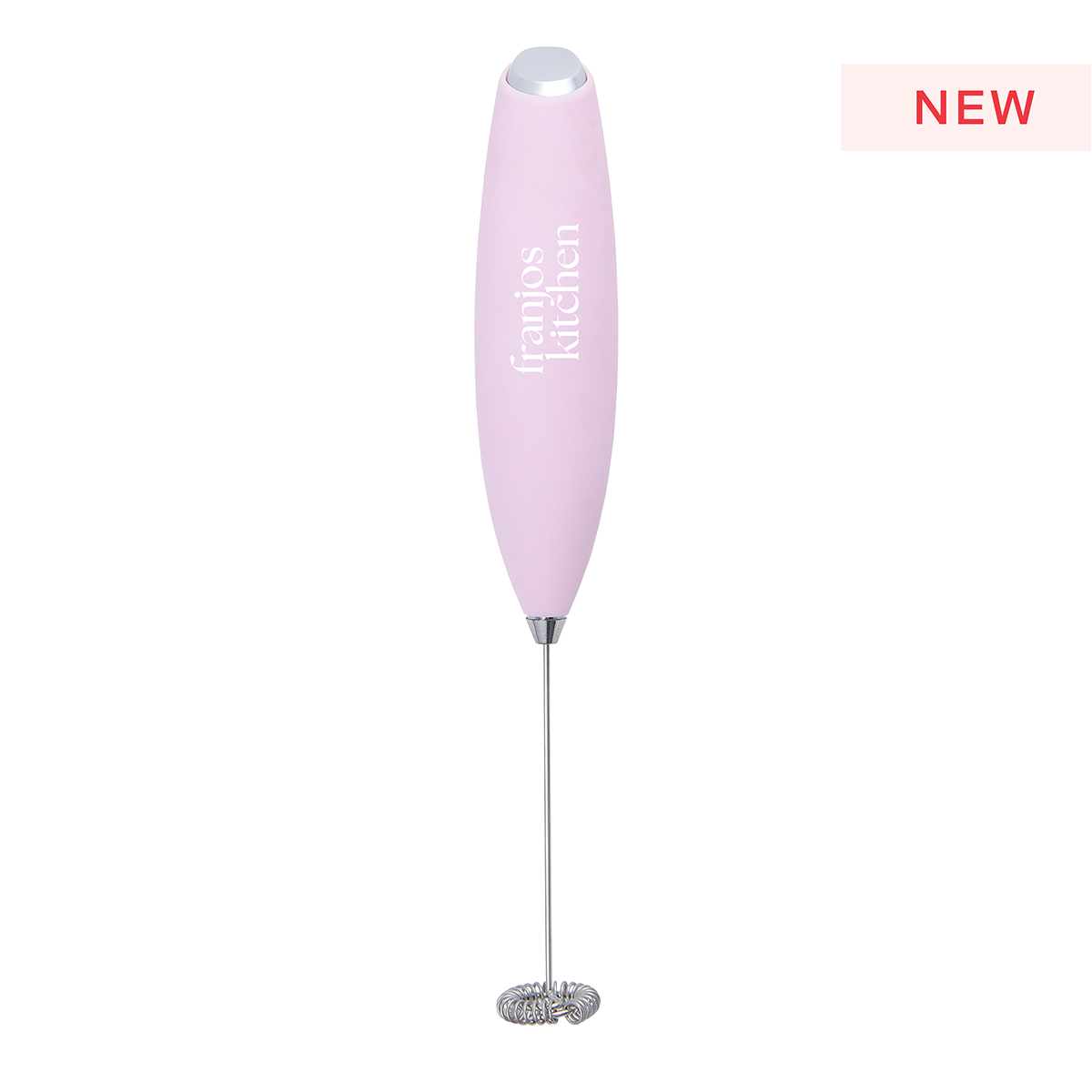A Nutritionist's Guide to Thriving in the Postpartum
When you have a new baby, a lot of time and energy can be spent looking after your little one. However, it is crucial not to forget about yourself during this time. The postpartum period is delicate for both your baby's health and your own. Being a healthy and happy mum can only benefit you as you care for your new bundle of joy. Therefore, I urge all new mums to prioritise their physical and mental well-being.
Our bodies undergo significant hormonal shifts during pregnancy and postpartum. To maintain good health during this time, it's important to consider your nutrition and lifestyle to compensate for these changes.
Postpartum depletion, as defined by Dr. Oscar Serrallach, refers to a collection of symptoms that affect various aspects of a mother's life after giving birth. It is caused by several long-term deficiencies resulting from events such as birth, pregnancy, breastfeeding, sleep deprivation, stress of being a new parent, or other life changes.
If a new mum fails to recover from the demanding requirements of pregnancy, birth, sleep deprivation, and breastfeeding, these symptoms can persist for years and even develop into a chronic condition. Postpartum is not limited to the first six weeks after birth. The effects or conditions arising from this time can last 6-10 years if deficiencies are not addressed early on. It involves significant changes in your gut, nervous system, immunity, brain, and muscles.
Here are some reasons why your body is not the same as it was before pregnancy:
Stress: Your body experiences stress due to factors such as birth, inflammation, poor digestion, low stomach acid, imbalanced hormones, nervous system disruptions, lack of sleep, and trauma. Pregnancy itself involves a state of low-grade inflammation in the body, which requires a substantial amount of nutrients, rest, and sleep to prevent nutrient depletion.
High Nutrient Demand: Your body needs extra fuel and nutrients to support your healing, nourish your own body, and support your baby. This demand is significantly higher than before you were pregnant, necessitating increased nourishment.
Emotionally Demanding: Socially, everything changes when you have a baby, whether it's your first or third. Adjusting to this new way of life and rewiring your brain can be highly stressful. It can feel isolating and overwhelming, so having support is crucial.
The effects of stress on our bodies are not just emotional; there are physiological consequences as well. It's essential to have the tools in place to manage stress effectively, such as proper nutrition, stress management techniques, and adequate sleep. The best way to address postpartum depletion is through prevention, so remember to take care of yourself during this time.
As a Clinical Nutritionist, here are my top daily tips for staying well during the postpartum period and beyond:
- Hydration is crucial: Start your day with a glass of water, lemon, and a pinch of salt or add a scoop of Franjos Kitchen Motherhood Hydration Powder to your water bottle. Aim to consume at least 2 litres of water throughout the day.
- Boost energy and regulate your body clock by exposing yourself to sunlight in the morning, ideally within an hour of waking.
- Do not skip breakfast, and ensure that each meal and snack contains protein and healthy fats.
- Limit coffee consumption to 1-2 cups per day, and avoid consuming coffee after 1pm. Use a smoothie with Franjos Kitchen Motherhood Blend to enhance mental and physical energy and beat the afternoon slump.
- Opt for blood sugar-friendly snacks. Pair sweet snacks with a fat or protein source. For example, enjoy Franjos Kitchen Tanker Toppers with a cup of hot cocoa with coconut milk and collagen powder.
- Practice mindful eating. Avoid snacking on the go or while preparing meals. Take the time to fully engage with your food.
- Prioritize sleep whenever possible. Remember, the laundry can wait! Establishing good blood sugar regulation and a bedtime routine will help you get quality sleep, even if it's not for very long.
By implementing these strategies, you can support your overall well-being during the postpartum period and beyond. It's important to take care of yourself so that you can be the best mum for your little one. Remember, nourishing yourself is just as essential as caring for your baby.
Guest writer: Michelle Meredith, Holistic Women’s Health Clinical Nutritionist and busy mum (to one human and one fur baby).
Website: https://www.mmhealthnutrition.com/
Instagram: https://www.instagram.com/mmhealthnutrition/
Image: @meganbcall



